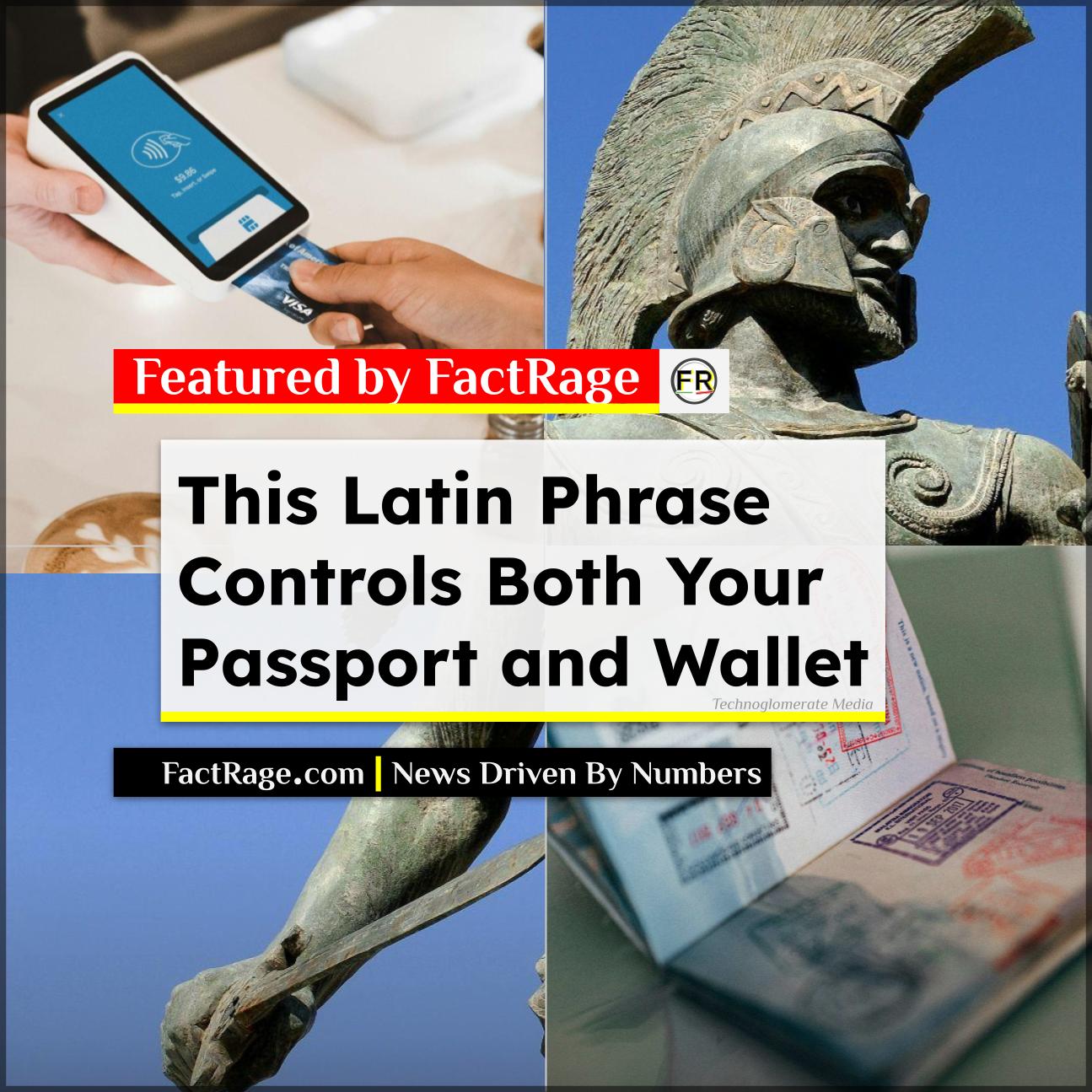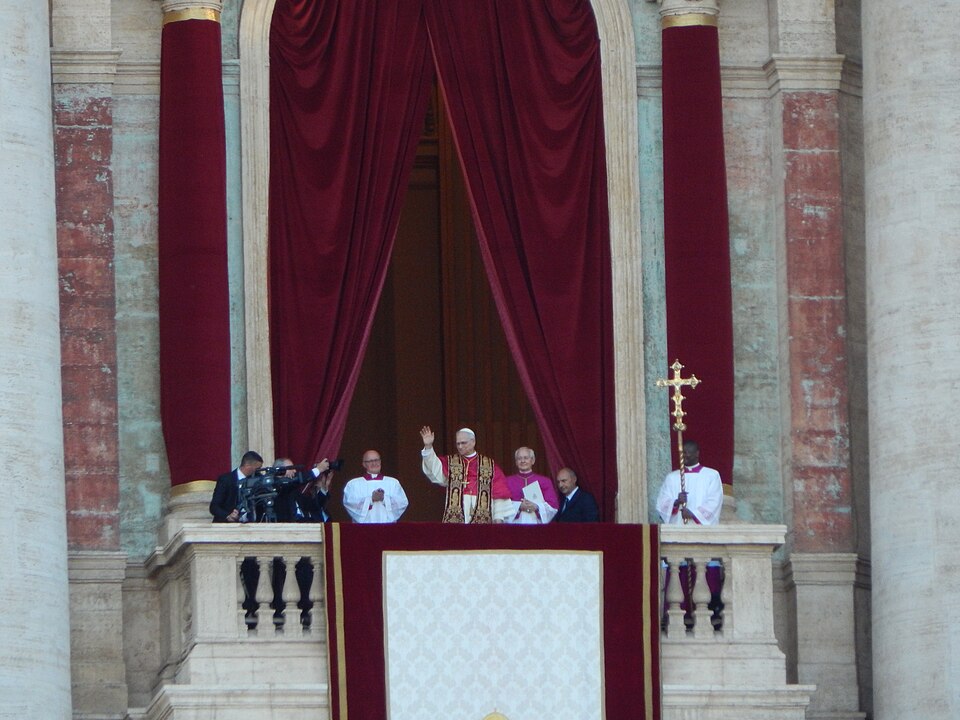FACTRAGE – Every time you swipe your Visa card or wait nervously for a passport stamp, you’re participating in an ancient ritual of “seeing” – though you probably don’t realize it. The word “visa” has quietly conquered two of the most powerful forces in modern life: international travel and global finance. But this wasn’t an accident. It’s the result of a 2,000-year journey from Roman bureaucracy to Silicon Valley boardrooms, all centered around a simple concept that someone in authority has “seen” and approved your request.
Key Facts
- From Ancient Rome to Airport Lines – Roman officials stamping “charta visa” on documents 2,000 years ago were doing essentially the same job as modern border agents: certifying that papers had been “seen” and approved
- The $500 Billion Name Game – When Dee Hock desperately needed to rebrand his struggling credit card company in 1976, he chose a word that already lived in every international traveler’s vocabulary
- One Word, Two Empires – Today, those same four letters control both how we cross borders and how we spend money, making “visa” perhaps the most economically powerful word most people never think about
This isn’t just linguistic coincidence – it’s the story of how ancient bureaucracy evolved into modern global control systems, all hiding behind a deceptively simple word.
The Roman Bureaucracy Blueprint: From Seeing to Official Endorsement
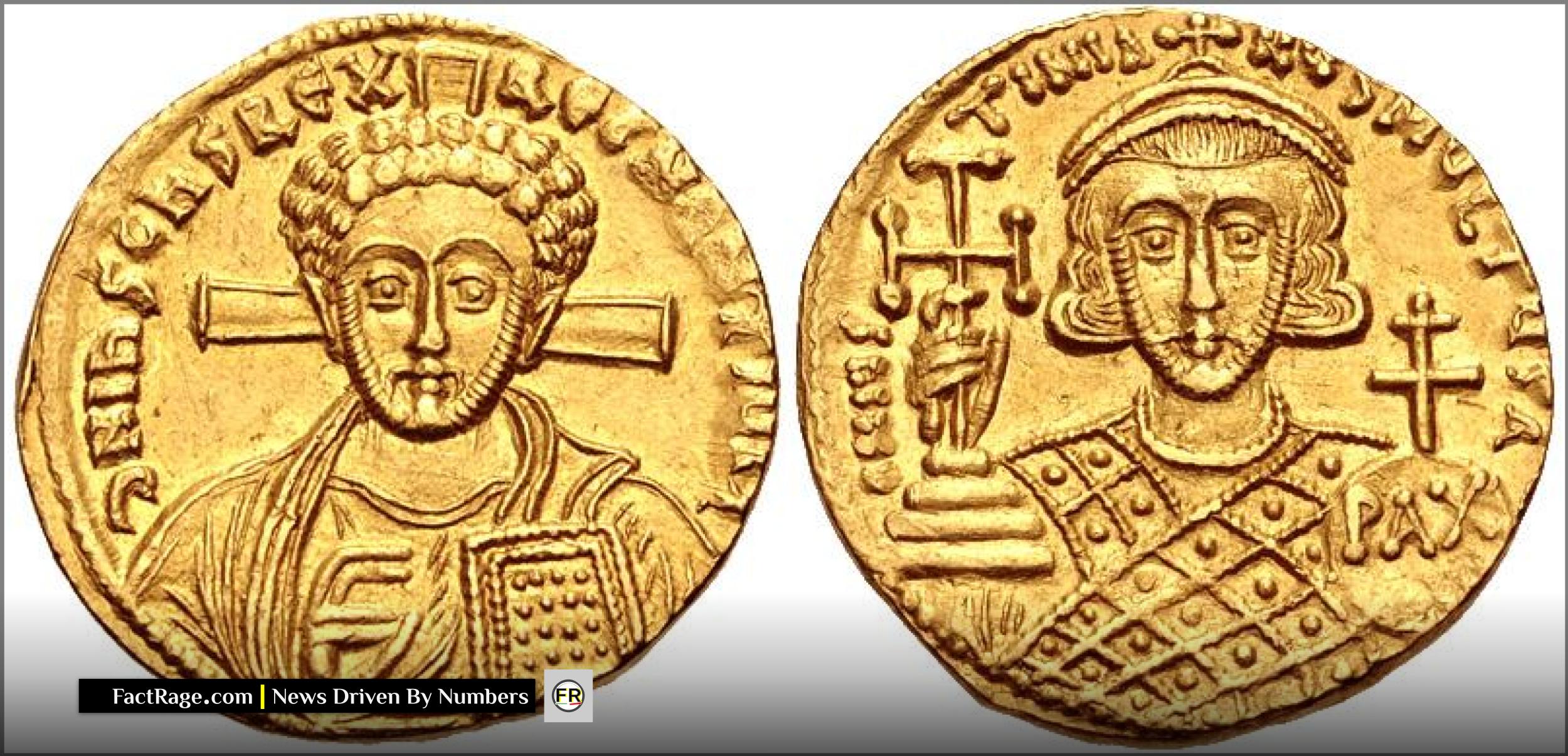
Picture a Roman official in 50 AD, stamping documents with the phrase charta visa – “a paper that has been seen.” This wasn’t just administrative procedure; it was the birth of institutional approval that would echo through millennia. The Latin verb videre (to see) carried weight because in the ancient world, official “seeing” meant official power. When someone in authority had “seen” your document, you gained legitimacy. Fast-forward to the 19th century, and European diplomats were essentially playing the same game. As international travel became more common, governments needed a system to track who was crossing their borders. The word “visa” emerged naturally from diplomatic circles, describing the official stamp or endorsement placed on passports. The logic was identical to ancient Rome: this document has been “seen” by our officials, therefore this person may proceed. What’s remarkable is how this bureaucratic concept survived the collapse of empires, the rise of nation-states, and the invention of modern travel – because the fundamental human need for institutional approval never changed. Whether you’re a Roman merchant or a modern tourist, you still need someone in power to “see” and approve your papers.
Dee Hock’s Vision: The Boardroom Moment That Changed Everything
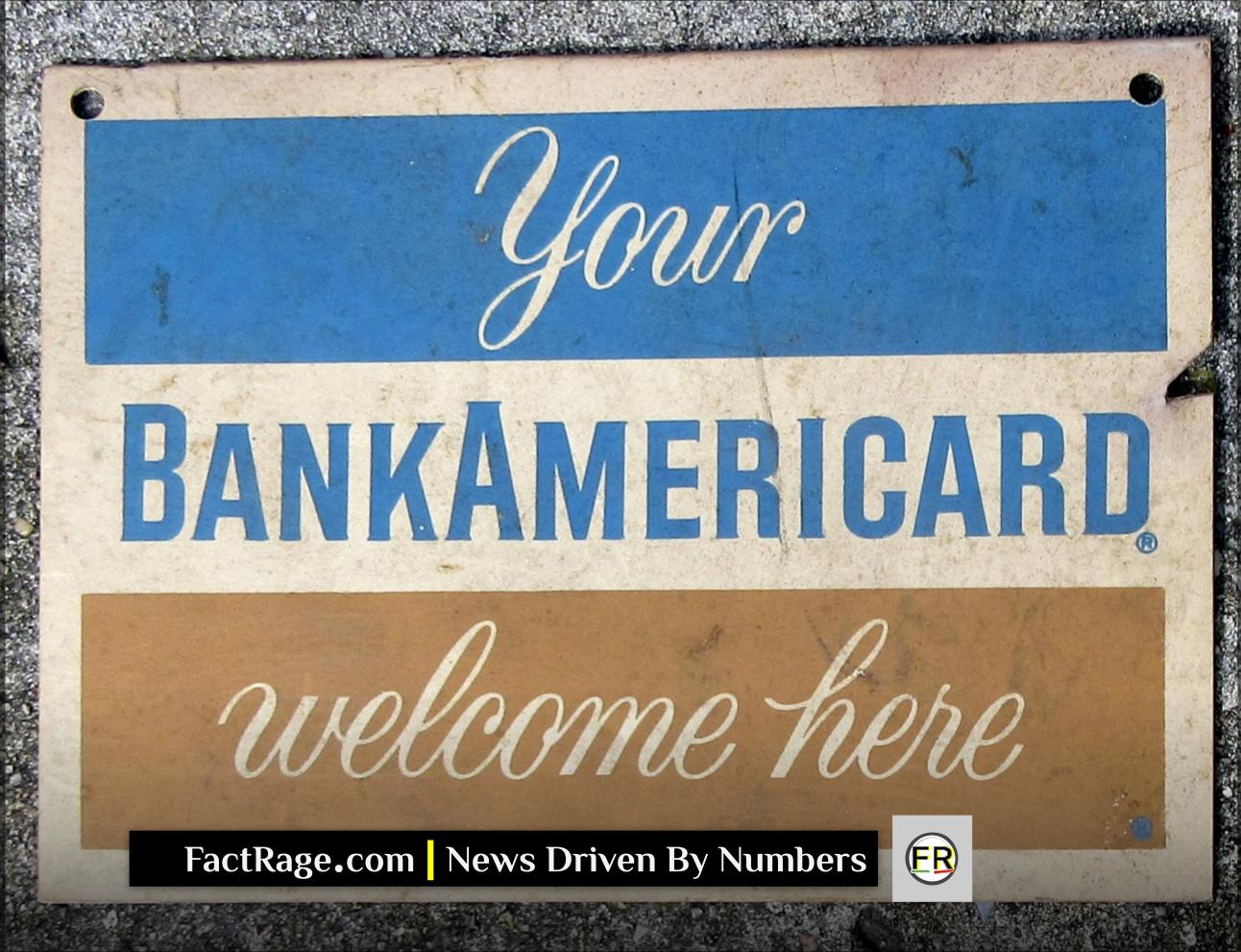
In 1976, Dee Hock faced a crisis that would reshape global commerce. His company, then called National BankAmericard Inc., was hemorrhaging money and credibility as it tried to expand beyond America’s borders. The name itself had become a liability – cumbersome to pronounce, distinctly American in a world growing suspicious of American corporate dominance, and completely meaningless to potential customers in Tokyo, London, or São Paulo.
Hock gathered his team in what would become one of the most consequential branding sessions in business history. They needed a name that was short, memorable, and politically neutral. More importantly, it had to work in dozens of languages and cultures simultaneously. As the story goes, someone in that room realized they already had the perfect word: visa.
The genius wasn’t just in the word’s brevity or international recognition. Hock understood that “visa” carried a psychological payload – it represented permission, access, and the ability to go places others couldn’t. Just as a travel visa opened borders, a Visa card would open financial possibilities. The metaphor was so perfect it seemed inevitable, though it took a visionary to see it.
Within a decade, Visa Inc. had become one of the world’s most valuable brands, processing transactions that would dwarf the GDP of most countries. The ancient Roman concept of official “seeing” had evolved into a digital approval system handling trillions of dollars annually.
The Hidden Power of a Four-Letter Word
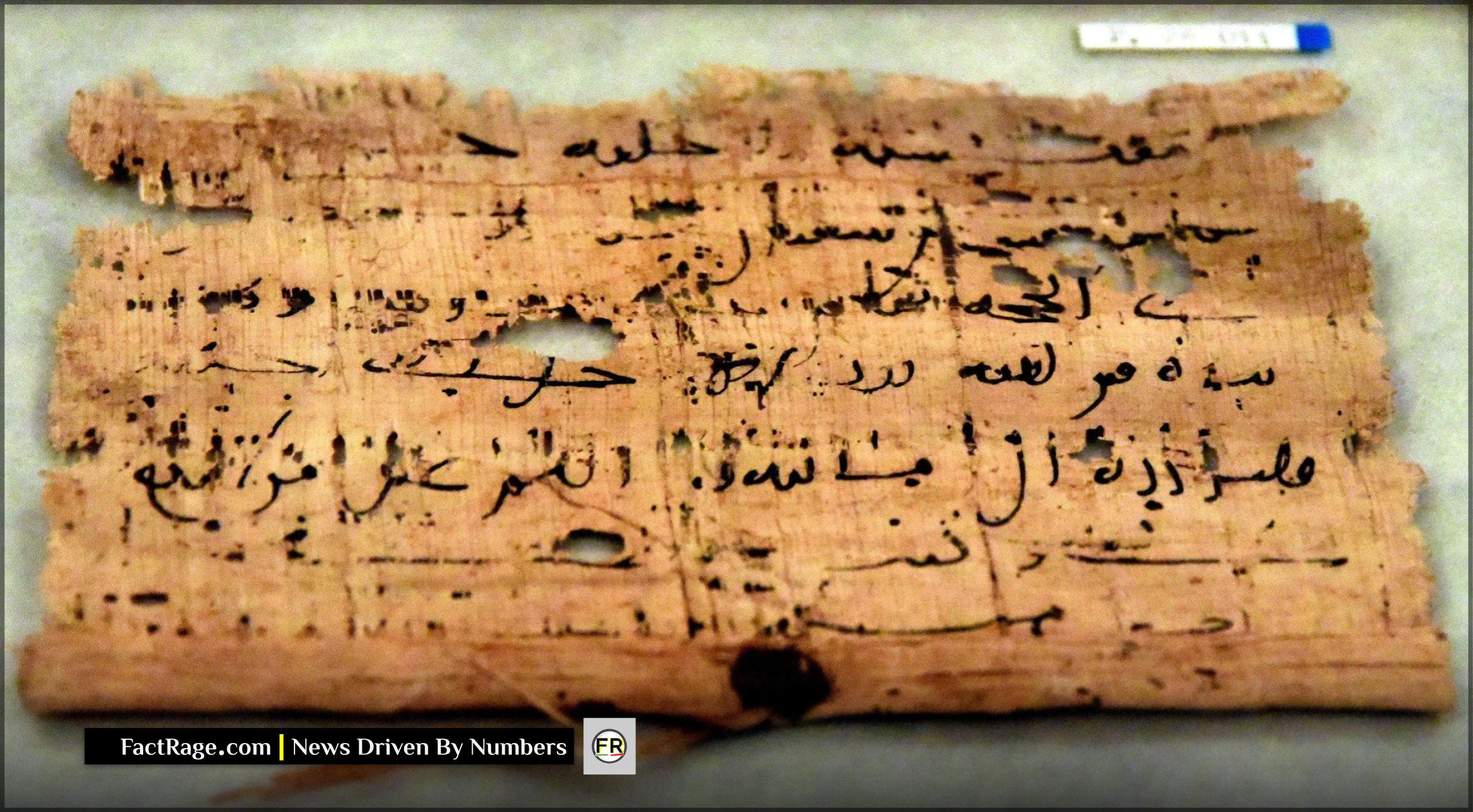
Today’s world runs on two different types of visas, yet most people never notice the connection. When your contactless payment gets approved in milliseconds, a computer system has essentially “seen” and endorsed your transaction – the same fundamental process that happens when a border agent examines your passport. Both systems exist to answer the same ancient question: should this person be allowed to proceed?
This linguistic evolution reveals something profound about how power operates in the modern world. The most influential systems often hide behind the most mundane words. “Visa” sounds bureaucratic and boring, which makes it the perfect camouflage for two of the most sophisticated control mechanisms ever created. Whether you’re crossing a border or buying coffee, you’re participating in a system of permission and approval that would be instantly recognizable to a Roman administrator.
The word’s success in both contexts also demonstrates the enduring power of metaphor in human communication. We didn’t need to invent new vocabulary for digital payments or modern border control – we simply extended an ancient concept that already lived in our collective understanding. Sometimes the most revolutionary changes happen when we realize that new problems require very old solutions, just dressed in contemporary clothing.
In an age of digital transformation and global connectivity, “visa” remains a reminder that beneath all our technological sophistication, we’re still just asking authorities to “see” us and grant us permission to proceed. The Romans would understand completely.

